23 June 2025
Kiwi immunologist Dr Michelle Linterman, an international expert in the effects of ageing on the immune system, is heading the Malaghan’s newest research group. Having recently returned home to New Zealand from the Babraham Institute in the UK, her research aims to uncover ways we can strengthen our immune system as we age.

Dr Michelle Linterman
Dr Linterman is interested in how different cell types collaborate in the germinal centre; temporary immunological structures that are created in the spleen or lymph nodes following an infection in order to generate a robust immune response. Germinal centre activity is essential to many vital immune responses, from fighting an infection to removing cancer cells – but this function weakens as we age.
Her team’s work – at the Babraham and as she builds her lab here – combines preclinical research with human studies to enable us to dive deeper into the germinal centre response and ask a fundamental question: why do germinal centres become less efficient as we age?
“Germinal centres are essential for launching efficient, long-lasting immune responses to things like vaccines,” she says. “They are hubs for the immune system where immune cells come together to exchange vital information on how to protect the body from things like infection.
“The biology of the germinal centre is this highly collaborative, cellular microenvironment where you need lots of different cells to do the right thing at the right time in the right place to get a strong immunological response.”
A successful germinal centre is hallmarked by the production of memory B-cells and antibody secreting cells, which produce antibodies needed to fight infection. However, the process of producing effective memory B and antibody secreting cells relies on the correct positioning of several key immune cells within a germinal centre so they can communicate effectively. As we age, this process of positioning becomes less effective.
Recently, Dr Linterman’s lab at the Babraham Institute published a study which found that the T follicular helper cells, which are needed to produce effective B-cell responses, move away from where they’re needed during the germinal centre response, resulting in reduced production of antibody secreting cells.
Her team is now investigating whether mRNA vaccines developed at the Malaghan and designed to stimulate the helper cells can ‘rejuvenate’ T follicular helper cells and help them support better germinal centre reactions to ultimately produce protective antibodies.
Malaghan Institute Director Professor Kjesten Wiig says attracting a researcher of Dr Linterman’s international standing back to New Zealand is both a testament to the strength of research at the Malaghan and a significant gain for New Zealand science.
“Michelle brings an element of research that very few organisations are focused on, yet has an extraordinary impact on disease outcomes. We’re very excited to have her on board.
“Michelle’s work could provide an opportunity for our research programmes to develop a real point of difference in approach so that we are able to create ever more effective immunotherapies for disease across the board. Her research has so many intersection points with ongoing research at the Malaghan,” says Prof Wiig.
“For example, in our infectious disease work, a key question is how to produce a vaccine that will be safe and effective in all age groups, including older individuals. Michelle’s work on germinal centres and how they both contribute to an effective immune response for a vaccine, but also are less effective at doing their job as we age is key to understanding our question on developing a safe and effective vaccine for all.
“Michelle’s work also has crossover in the cancer space, as the risk of developing cancer increases as we age. This could be because of the immune system’s decreasing ability to fight or remove cancer cells – and so her work on boosting the immune systems’ effectiveness for older individuals is incredibly relevant.”
Related articles
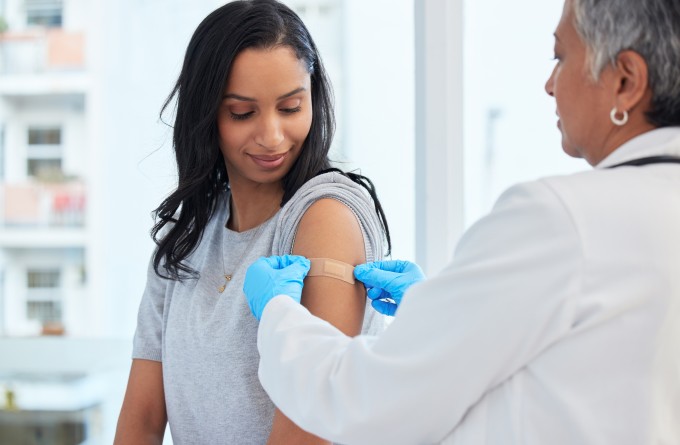
NZ-UK research deepens understanding of germinal centres for better vaccine design
27 January 2026
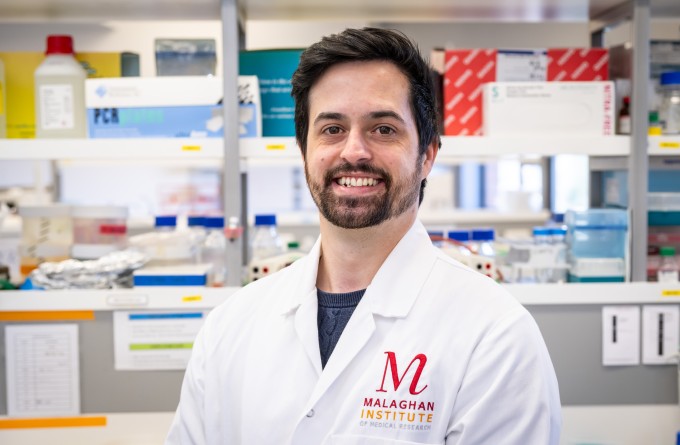
How a quirk of the immune system may play a big role in protecting us from disease
18 December 2025
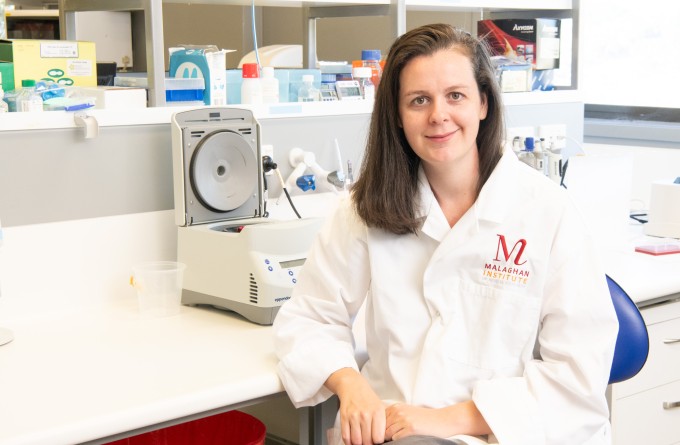
The nose knows: new research explores next generation of nasal vaccines
2 December 2025
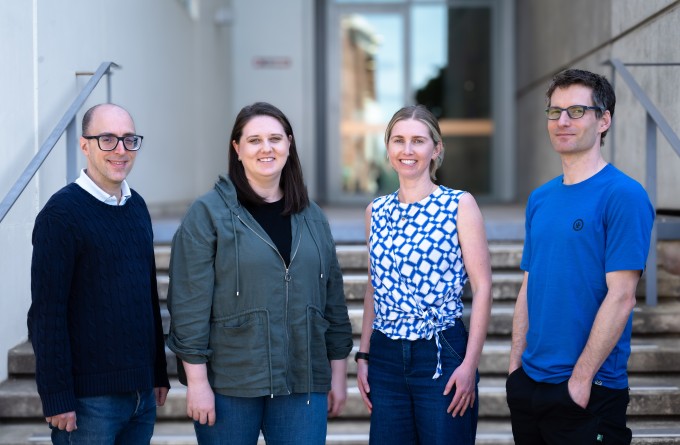
Marsden funding to drive discovery and innovation in cancer, allergy and infectious disease research
5 November 2025
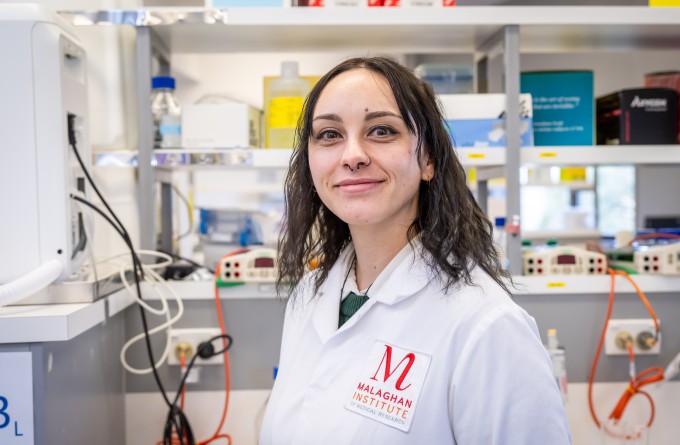
How our immune system tackles fungal foes
23 October 2025
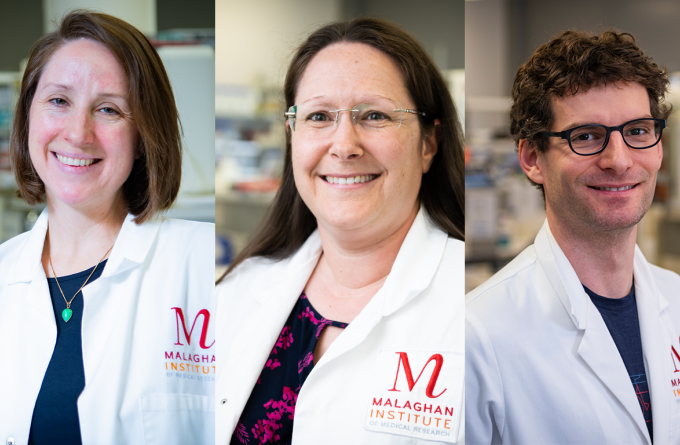
New funding supports cutting-edge research into immune cell metabolism
13 October 2025
